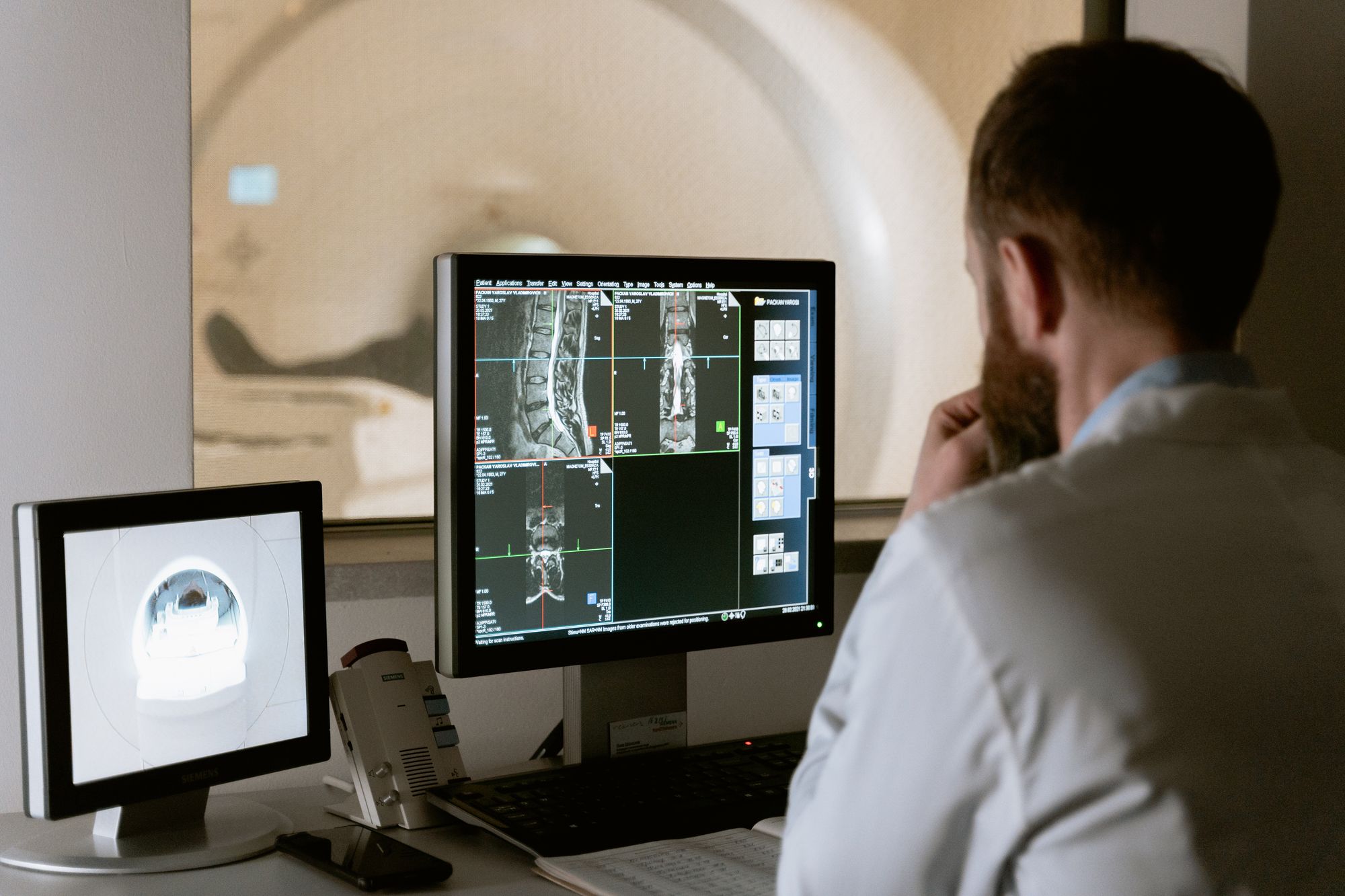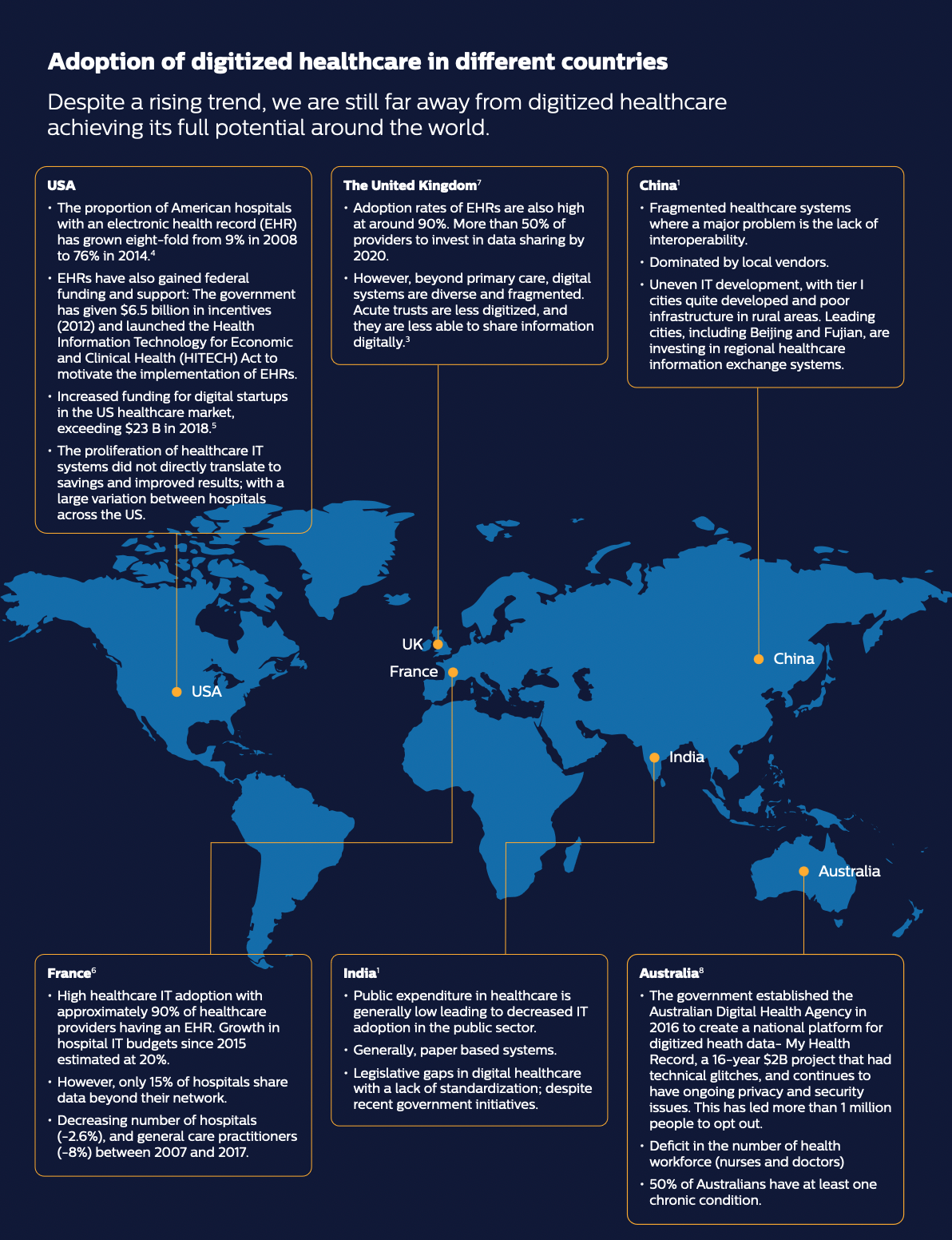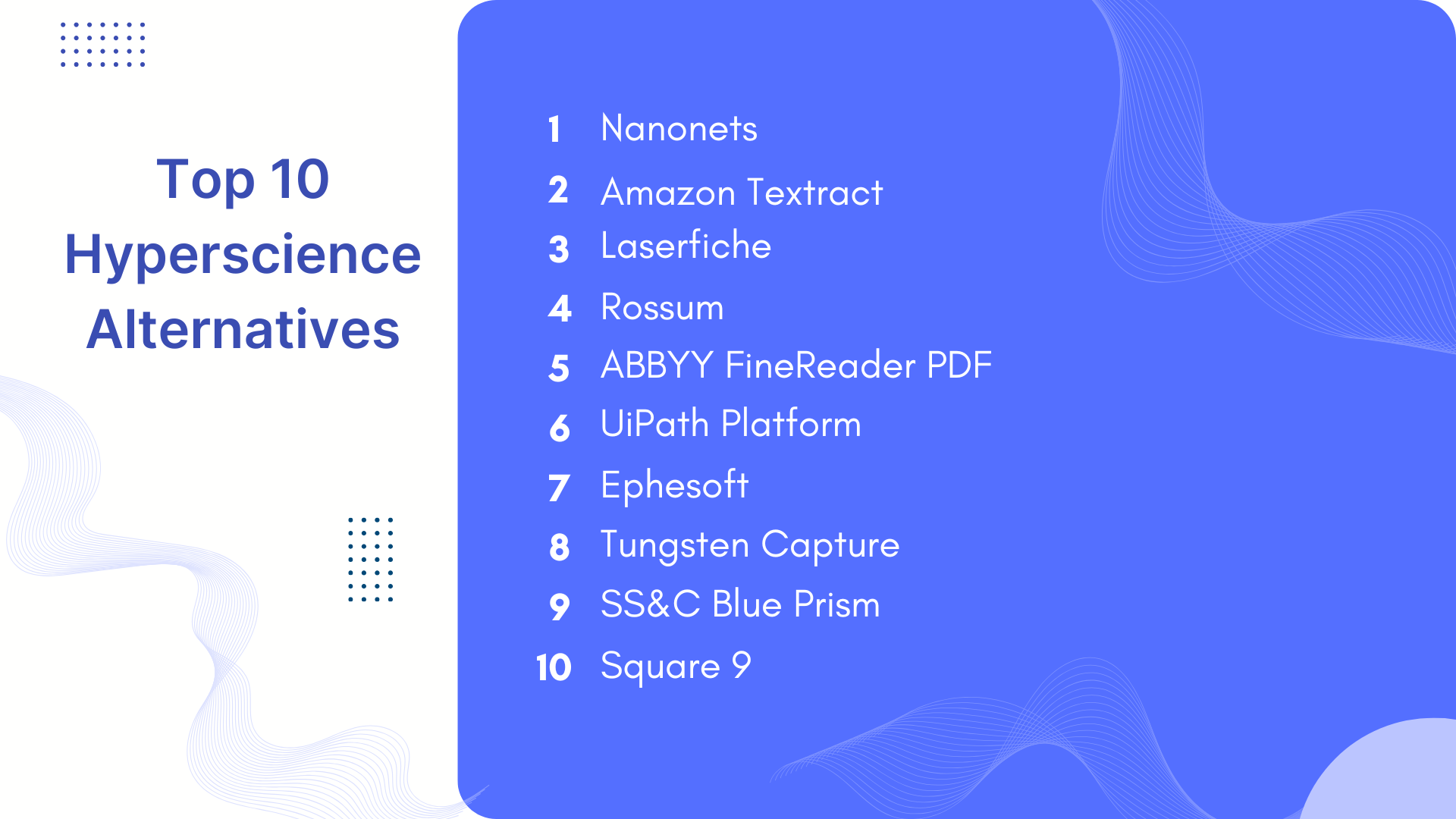
The pandemic led to a steep increase in the adoption of digitization across sectors, including healthcare. With this new wave of healthcare innovation driven by healthcare digitization, healthcare organizations are exploring new avenues to improve their patient experience, reduce their costs and meet the rising expectations of healthcare professionals in one go.
Healthcare digitization is focused on providing seamless experiences to everyone involved in the patient care journey. These advancements make it easy to access accurate healthcare information, provide real-time care when required and empower patients by using digital tools on every step of care journey. Moreover, healthcare digitization can reduce the overburdened healthcare professionals by automating their mundane paperwork and giving back their time to focus more of patient health.
Why is there a need to digitize healthcare?
The healthcare industry remains a paper-heavy industry. Over 90% of patient details are present in paper format. This makes it difficult to process patient information, and derive relevant insights, raises administrative costs, and leads to delay in healthcare.
According to health affairs, administrative spending (nonclinical cost of running the system) accounts for up to 30% of healthcare spending. Moreover, losing or misplacing paper files shouldn’t come across as a surprise. Even when governments worldwide have agreed to the benefits of digitizing healthcare, it still has a long way to go.

Reduce patient wait times, amplify the workforce, and improve efficiency across your healthcare ecosystem with automated medical document processing and workflows. Start your free trial today.
How can digitizing healthcare improve healthcare?
The present use cases of digitization in healthcare involve:
Electronic Health Records (EHRs):
EHR stores crucial patient information and enables easy access to up-to-date patient records to improve healthcare. Digitizing patient document processing and feeding data into the EHR is one of the most effective ways in which digitized healthcare can help improve patient care. With easy access, the time to treatment reduces drastically, and this improves the visibility of patient data across the care system.
Medical Billing and Claims Processing:
Medical billing & claims processing takes up a huge amount of time. And also, being a paper-based process, generating bills, and matching claims is manual. Digitizing healthcare claims processing with AI slashes time, effort, and resources required to dispatch reimbursements to patients accurately. Patients experience faster processing of claims and reduced out-of-pocket expenses.
Patient Onboarding & Verification:
Patient Onboarding involves extracting data from various patient documents like ID cards, registration forms, previous medical history, etc, and compiling & verifying it to form a patient entry into the system.

What are the benefits of healthcare digitization?
Improves Accuracy
The first step in the treatment procedure is diagnosis. It involves using digital technology to diagnose the condition of the patients. It involves getting access to all the essential details about the patient to the healthcare provider, such as health history, allergies, etc. This helps the doctors to formulate the proper treatment plan for the patients.
Improves Quality
The next step in the treatment process is monitoring the patient's health condition. With the advent of digitization in the healthcare industry, it has become easy for healthcare providers to track the medical conditions of the patients so that the treatment process can be conducted with utmost care.
Improves Access to Healthcare
Another benefit of digitizing healthcare is improving access to healthcare for all. It means that people who can't access healthcare services can have them with the help of digitization in the healthcare industry. In addition, it enables the patients to access treatment options from the ease of their homes. It is particularly beneficial for elderly people or those who can't move to another city for treatment.
Reduces Cost of Treatment
Reduction in the cost of treatment is also a major benefit of digitization in healthcare. Most people can't have access to healthcare services due to financial restraints. But with the help of digitization in the healthcare industry, most of the expenses of traveling to other cities can be reduced. Now even the lower classes can have access to healthcare services due to the advancement in technology.
Increases Efficiency
Another advantage of digitization in the healthcare industry includes increased efficiency in the overall healthcare industry. This is because doctors can now access even the smallest detail about the patients digitally, which helps them decide the treatment process quickly, enhancing efficiency.
What are the challenges in digitizing healthcare?
The challenges faced by digitization in the healthcare industry involve complicated regulations and legislation. There are different rules and regulations for other institutions. This can create a problem in implementing the new technologies as every institution will establish its ways to implement them. To solve this problem, there is a need to adopt standard rules and regulations established by a sole organization.
Another challenge in digitizing healthcare is the complicated reimbursement in different institutions. It can be an obstacle in adopting new healthcare technology, which can hinder the treatment of patients. Another challenge is the interoperability between the institutions, as there are no common legislations to regulate the working of institutions. This leads to difficulty in accessing the patient's data, which leads to insufficient information forth the treatment.
Data security and privacy are the key challenges faced in almost every industry; healthcare is not far from that. However, with the digitization in the healthcare industry, all personal data can be accessed online, which increases the chances of data breaches. Thus proper measures should be taken before sharing the information digitally.
Several aspects can hinder the adoption of digital technology. These aspects may involve expenses, security issues, etc. If the technology is easy to use, it can be easily adopted, but institutions refrain from adopting hard-to-use technologies. The cost of the technology also acts as a barrier to adopting new technology. Moreover, security also plays an essential role in adopting digital technology as secure technology is adopted more willingly than unsecured ones.
Digitize Healthcare Paper Processes with Nanonets
Nanonets is an AI-based OCR software that can extract data from documents with 95%+ accuracy. With no-code workflows, you can upload patient documents and automatically sync patient data across all your platforms in real-time.
It can provide a multitude of benefits for healthcare organizations:
Eliminate Manual Data Entry
Nanonets OCR API automatically extracts relevant information from any document (patient slips, invoices, receipts, patient surveys, and more).
Reduce Errors in processing patient documents.
Introduce speed, efficiency, and accuracy to your healthcare document processing.
Reduce patient wait times.
Slash patient onboarding, claims to process, and Medicare compliance wait times with efficient healthcare automation systems.
Expedite claims processing
Use extracted patient data from hospital reports, patient records, health insurance plans, and more to verify and approve submitted claims.
Also, it is easy to use, set up and manage, even for noncoders.
Easy-to-use UI
Use a drag-and-drop intuitive interface to perform all activities.
Integrations
Connect with all the legacy hospital tech stacks with easy API integrations.
Easy Implementation
Implement new features or customize processes without a hassle.
Create Custom Models
Cannot find a pre-trained template? Create your own in less than 15 mins!
Workflow integration
Conduct complete end-to-end document management using one single platform.
The platform is HIPPA, SOC and GDPR compliant. There is on-premise and cloud hosting options too. If you have specific requirements, feel free to schedule a short call to explain us your use case, and we will automate it for you.
Try it today (free trial) or schedule a call to learn more.
Are you solving any healthcare document processing issues? We would love to help you out. Schedule a call so our experts can understand your use case and create automated workflows for you.
Conclusion
Thus it can be said that the digitization of healthcare is still developing and will show up new trends. Digitization in healthcare helps to attain accuracy and improves the efficacy of the whole healthcare process. With the help of digitized technologies in healthcare, a lot of time could be saved, which can be used to enhance overall productivity and advance patient treatment.



